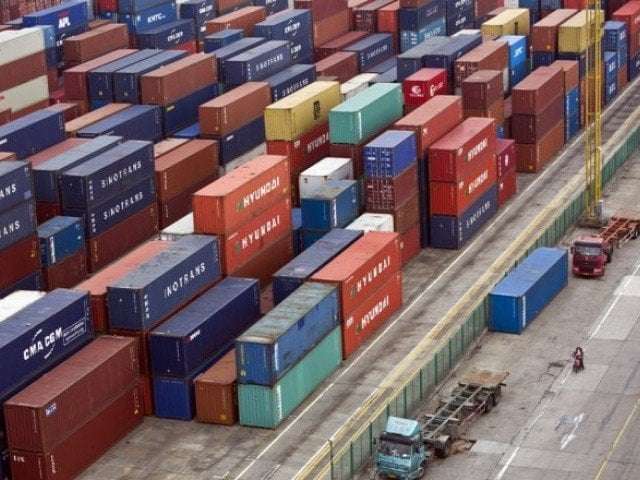
|
Getting your Trinity Audio player ready...
|
Delays Can Cause Losses in Form of Demurrage, Detention Charges
Introduction
The Karachi Chamber of Commerce and Industry (KCCI) and commercial importers are calling on the Federal Board of Revenue (FBR) to address the growing backlog of goods at ports. This article explores the implications of the delays, the importers’ concerns, and the necessary actions to resolve the issue.
Impact of Port Delays on Importers
Financial Consequences
The delay in customs clearance is causing significant financial losses to importers due to demurrage and detention charges. Salim Valimohammad, Chairman of the Pakistan Chemicals & Dyes Merchants Association (PCDMA), emphasized the urgent need for FBR Chairman Rashid Mahmood Langrial to take immediate steps to clear the backlog and monitor imported consignments daily.
Disruption in Supply Chain
The backlog of containers is not only a financial burden but also disrupts the supply chain, particularly for industries reliant on imported raw materials. The timely clearance of these consignments is crucial to maintaining production schedules and meeting export orders.
Call for Immediate Actions
Enhanced Customs Operations
Valimohammad acknowledged the benefits of the Faceless Customs Clearance Assessment system but stressed the need for fully trained staff to handle the system effectively from its implementation on December 15. He suggested that customs clearance services should continue on weekends to expedite the process.
Administrative Preparations
Proper administrative preparations are essential for the efficient and timely clearance of consignments. The lack of sufficient administrative capacity has led to a significant backlog, threatening severe financial losses and disruptions in industrial operations.
Recommendations for Streamlining the Clearance Process
Separate Processing Queues
KCCI President Muhammad Jawed Bilwani recommended establishing separate processing queues for manufacturers, exporters, general industries, and commercial importers. This approach would streamline the clearance process and ensure timely processing for each category, minimizing business disruptions.
War Footing Strategy
Bilwani called for a war footing strategy to clear the backlog of consignments. He emphasized the need to keep all clearing-related activities, including banks and customs, fully operational on weekends until the port congestion is resolved.
Importance of Timely Clearance
Economic Growth
Timely clearance of goods is essential for the uninterrupted supply of raw materials to industries, enabling continuous production activities and contributing to the country’s exports and economic growth.
Level Playing Field
Providing a level playing field for all stakeholders, resolving resource shortages, enhancing accountability and transparency in customs operations, and reducing the cost of doing business are critical to addressing the current crisis.
Conclusion
The KCCI and commercial importers are urging the FBR to take immediate action to clear the backlog of goods at ports. Addressing this issue is vital to preventing financial losses, ensuring the smooth operation of industries, and supporting the country’s economic growth.
FAQs
1. What is causing the backlog of goods at ports?
The backlog is primarily due to delays in customs clearance, insufficient administrative capacity, and the implementation of the Faceless Customs Clearance Assessment system.
2. How are importers affected by the delays?
Importers face significant financial losses due to demurrage and detention charges, and the delays disrupt the supply chain for industries reliant on imported raw materials.
3. What actions are recommended to resolve the backlog?
Recommendations include enhancing customs operations, establishing separate processing queues, and implementing a war footing strategy to keep clearing-related activities operational on weekends.
4. Why is timely clearance of goods important?
Timely clearance is crucial for maintaining production schedules, meeting export orders, and supporting the country’s economic growth.
5. What measures can improve customs operations?
Measures include providing a level playing field for all stakeholders, resolving resource shortages, enhancing accountability and transparency, and reducing the cost of doing business.
SEE ALSO
https://skipper.pk/2024/12/22/psx-market-fluctuations-recovery/






